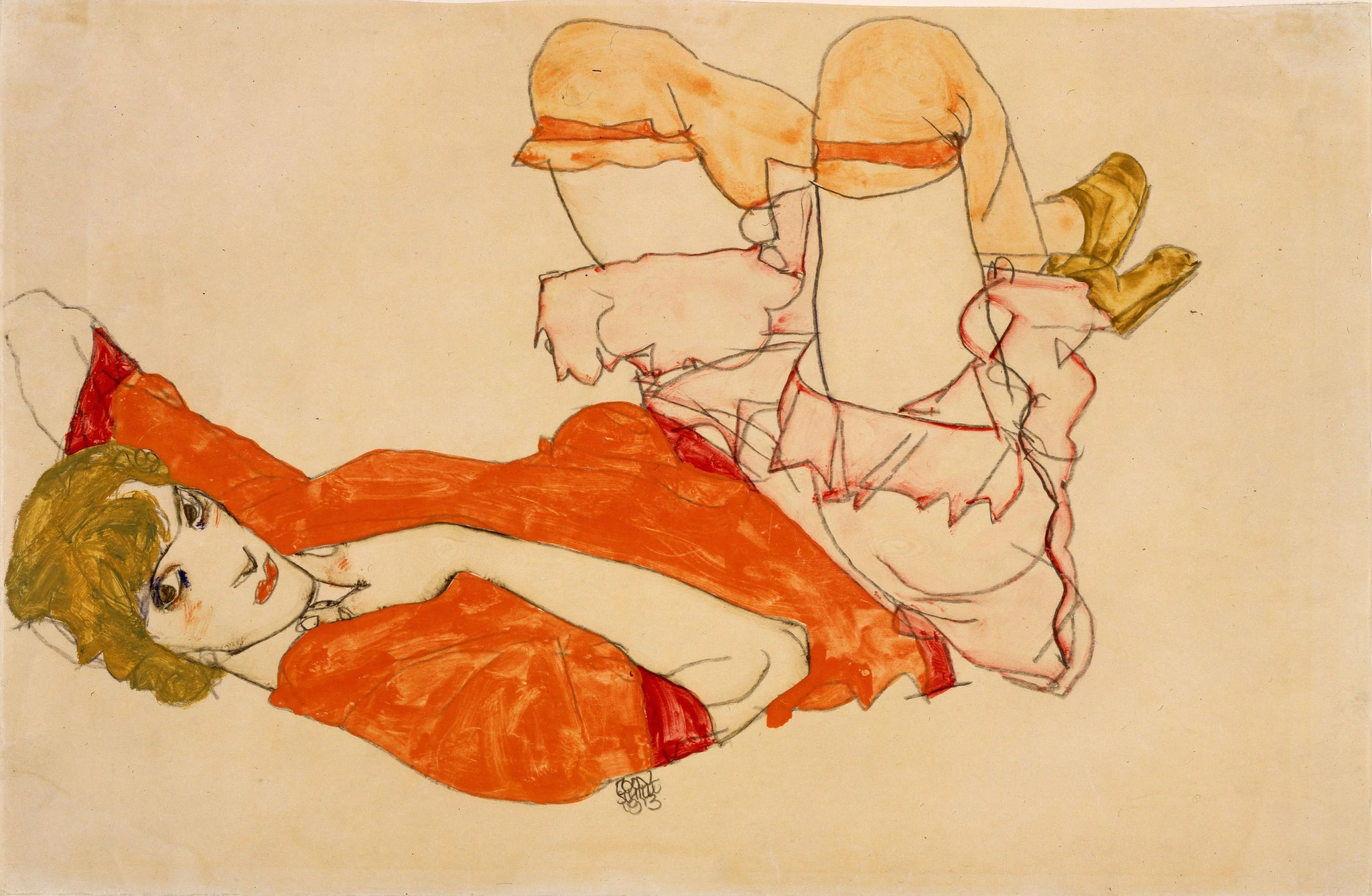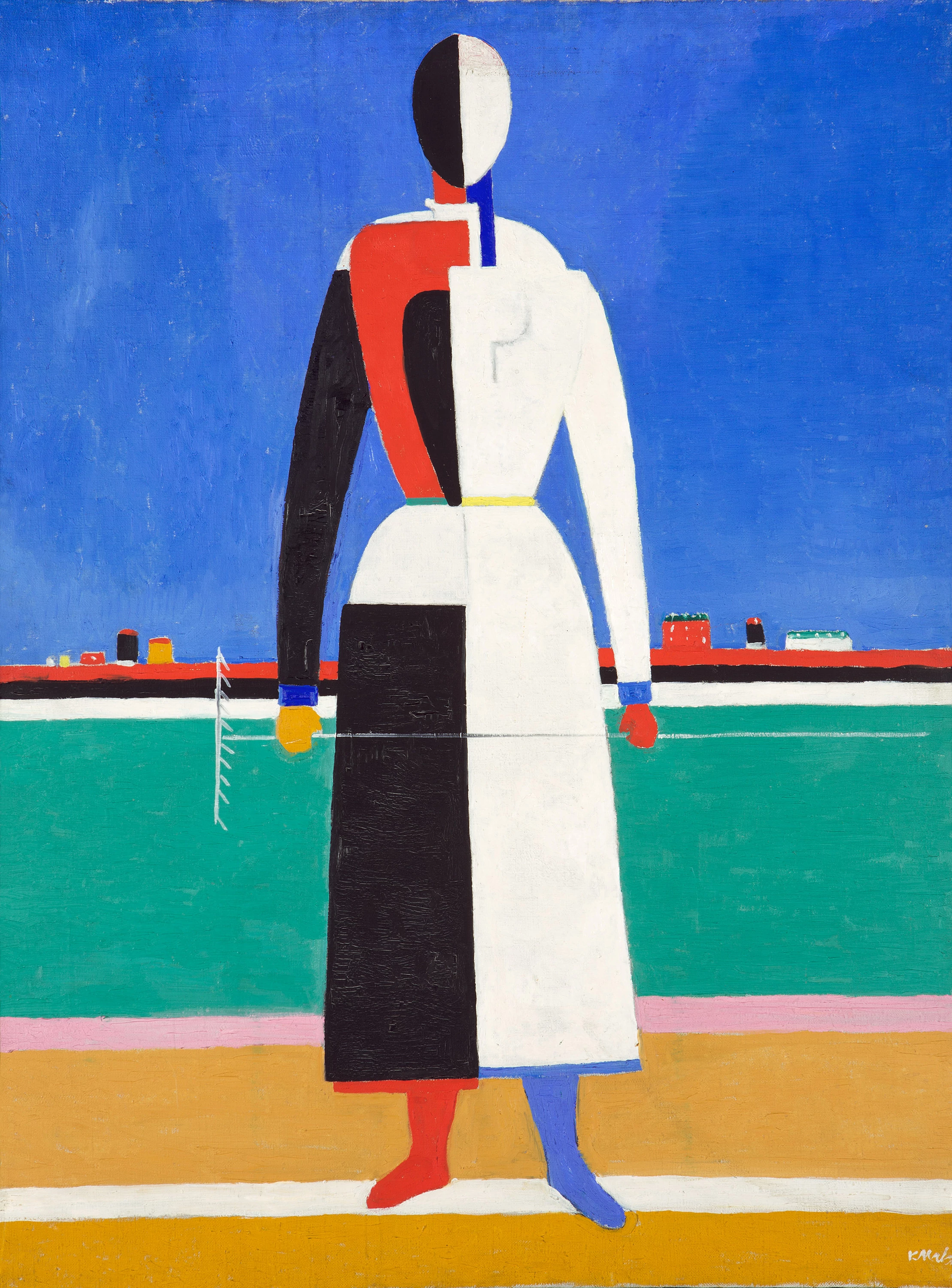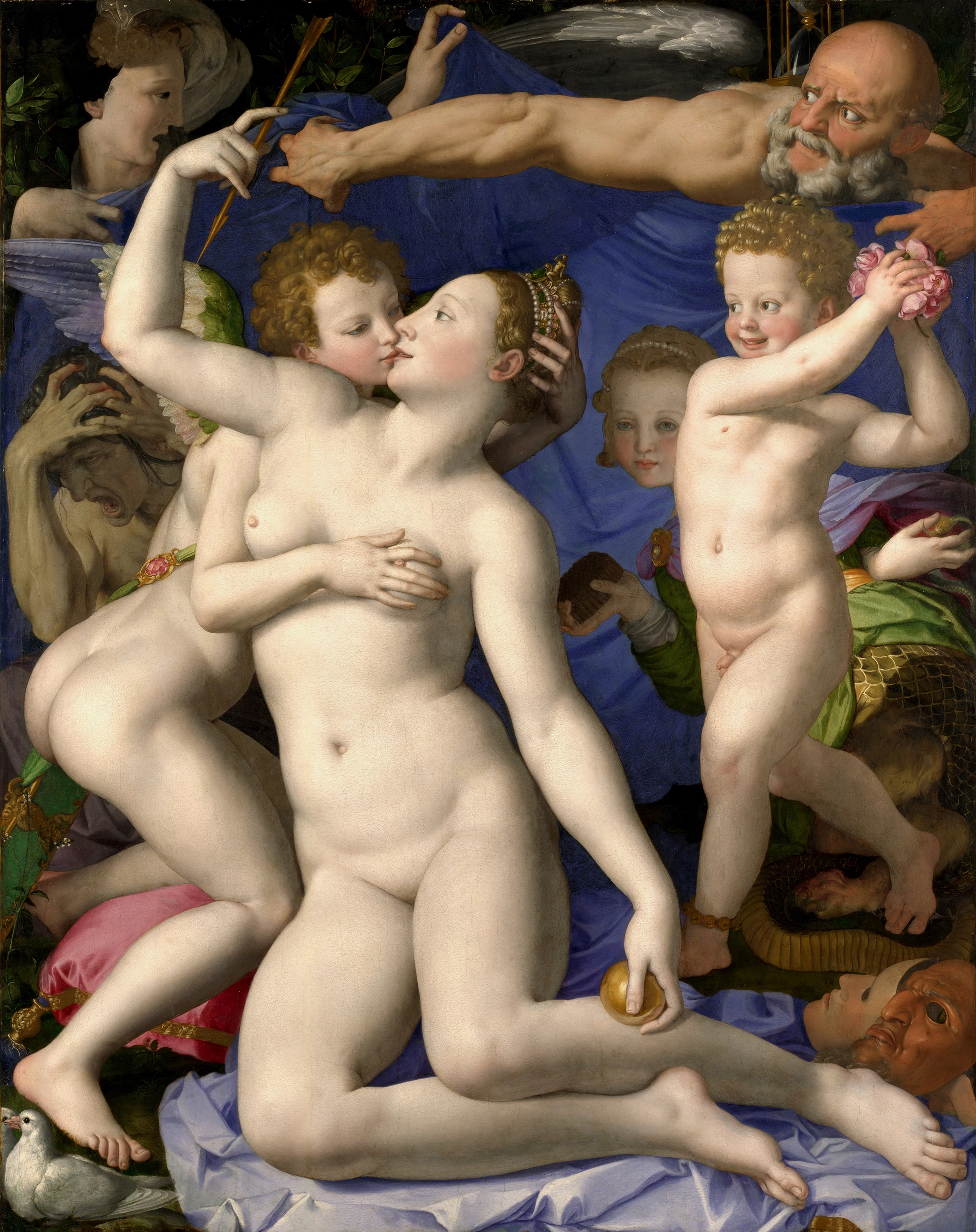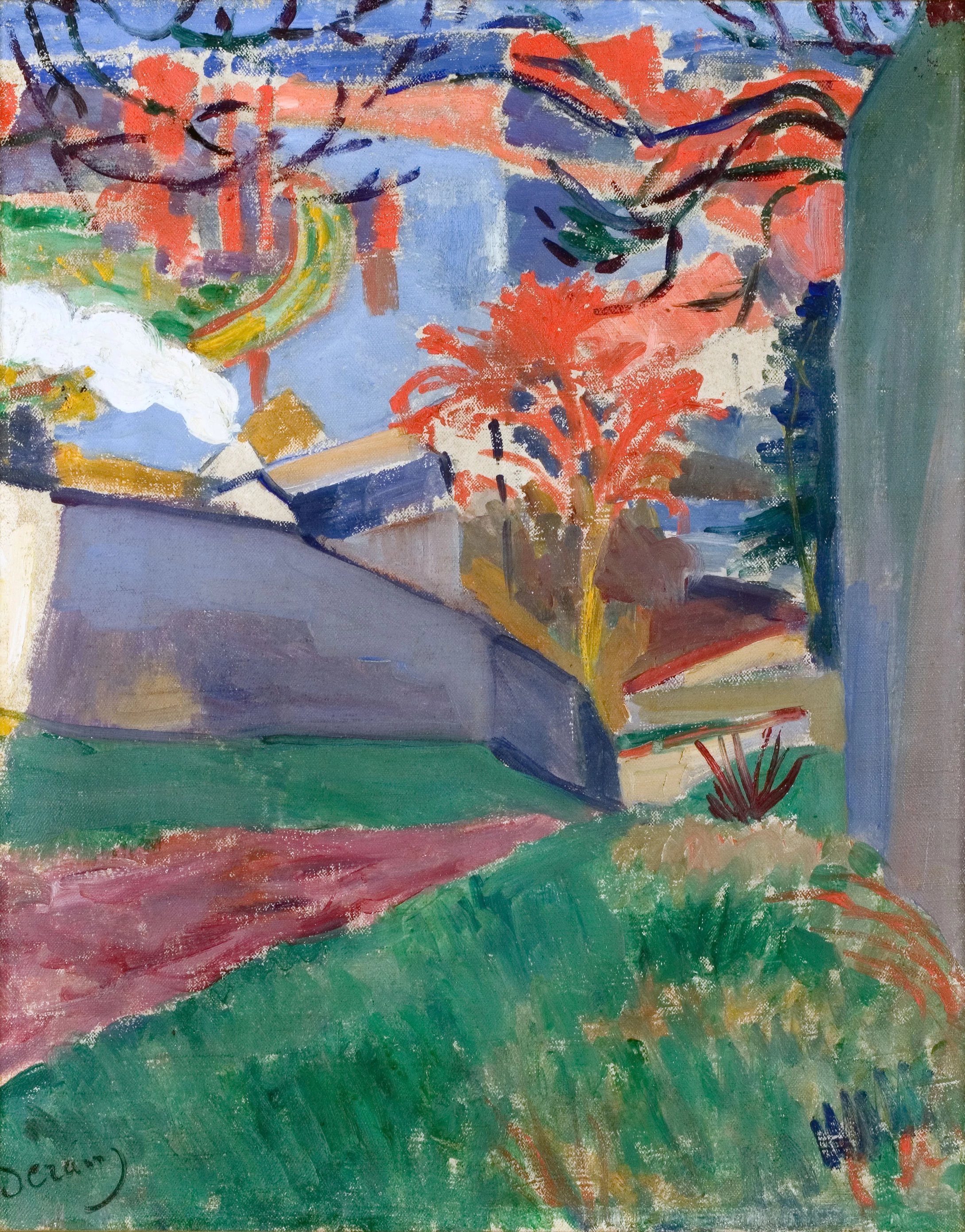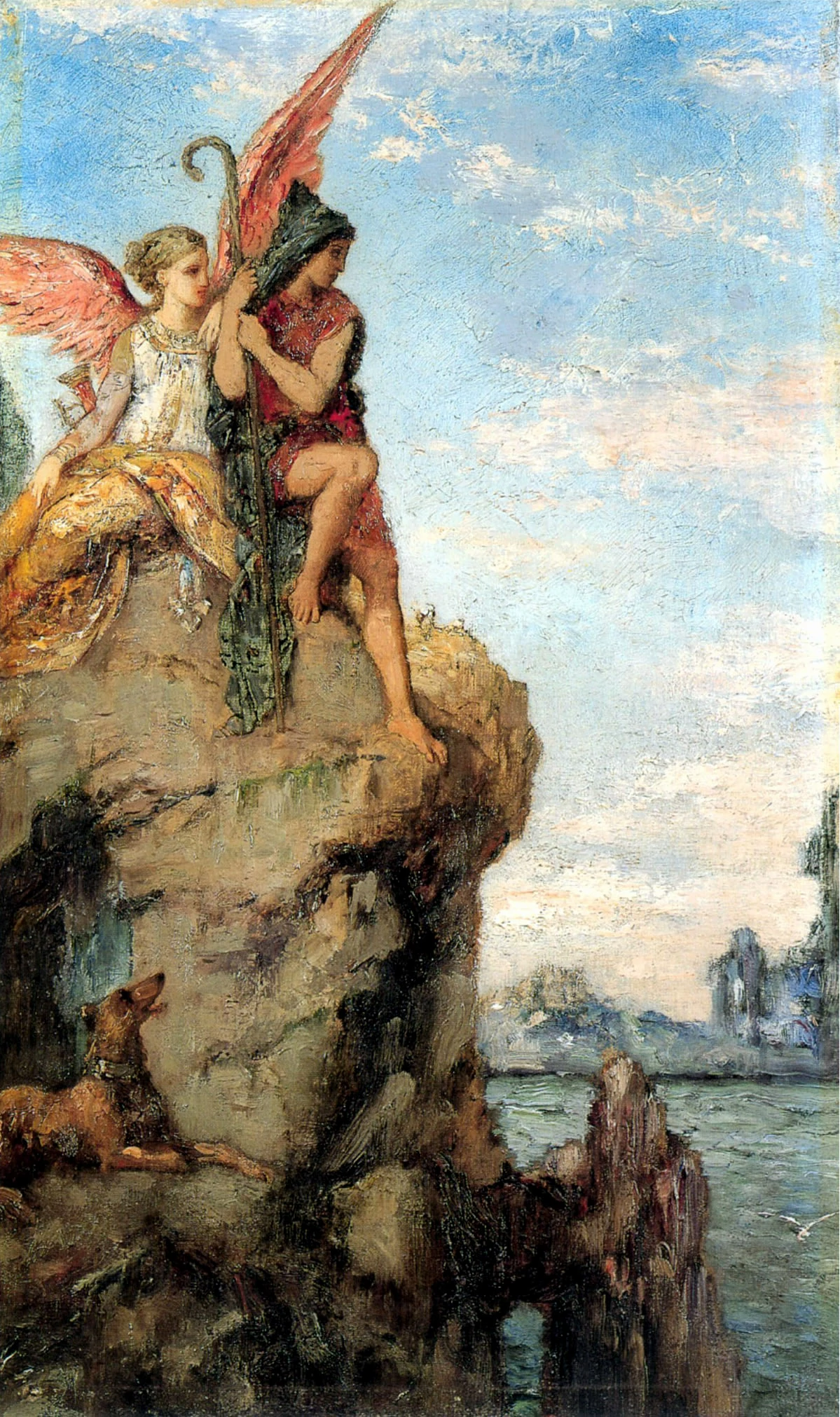
Hesiod and the Muses Gustave Moreau, 1870
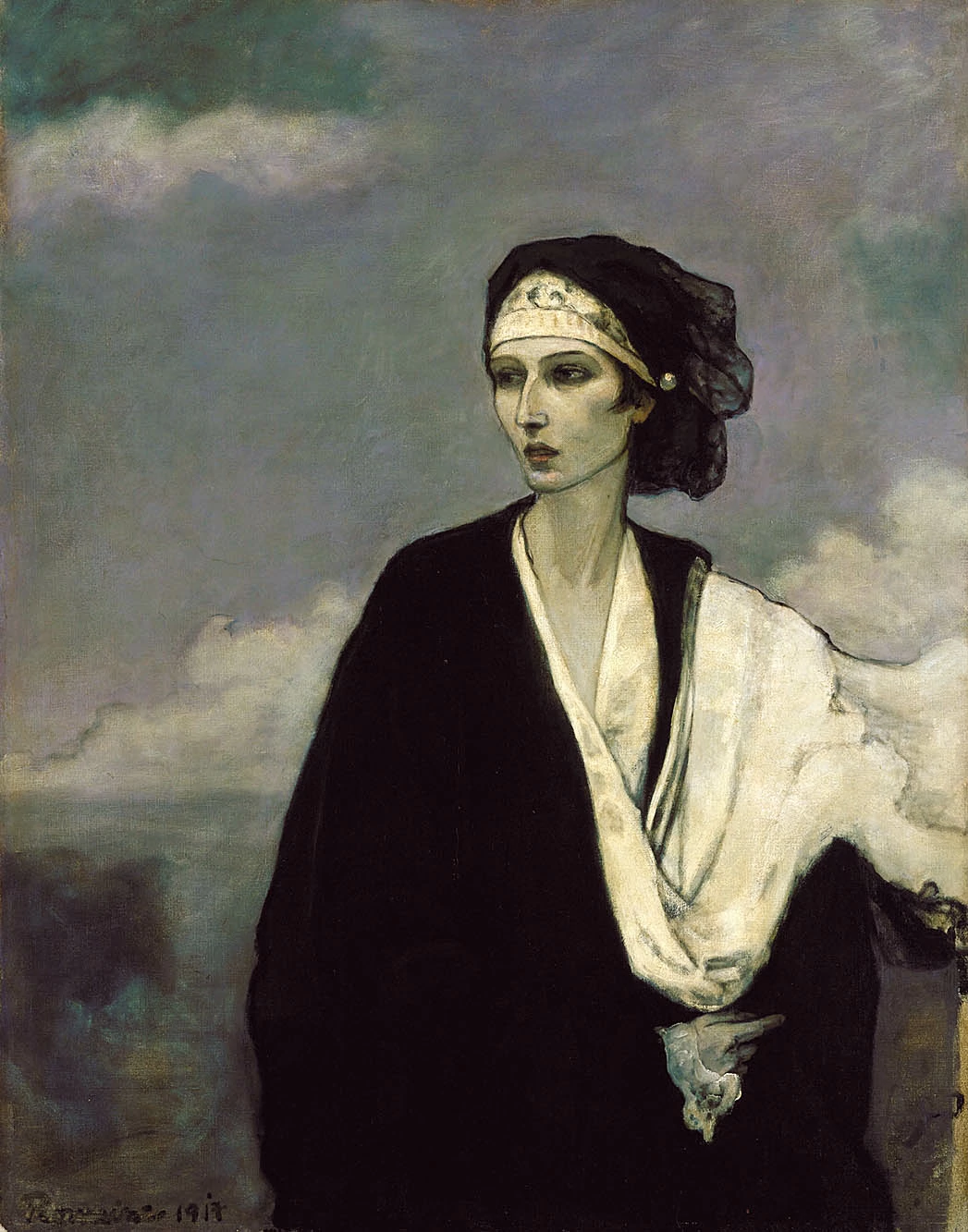
Ida Rubinstein Romaine Brooks, 1917
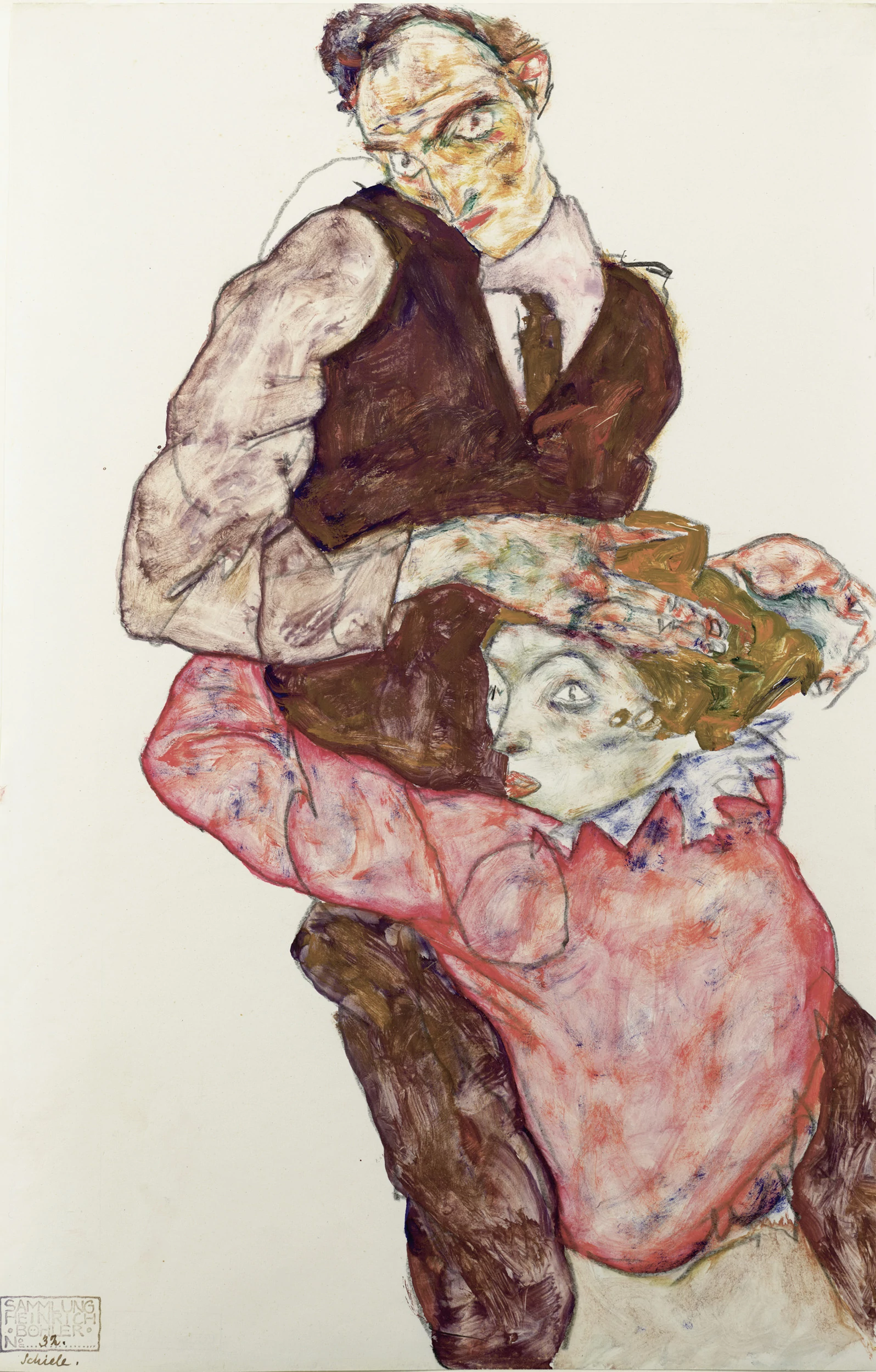
Lovers Egon Schiele, 1914
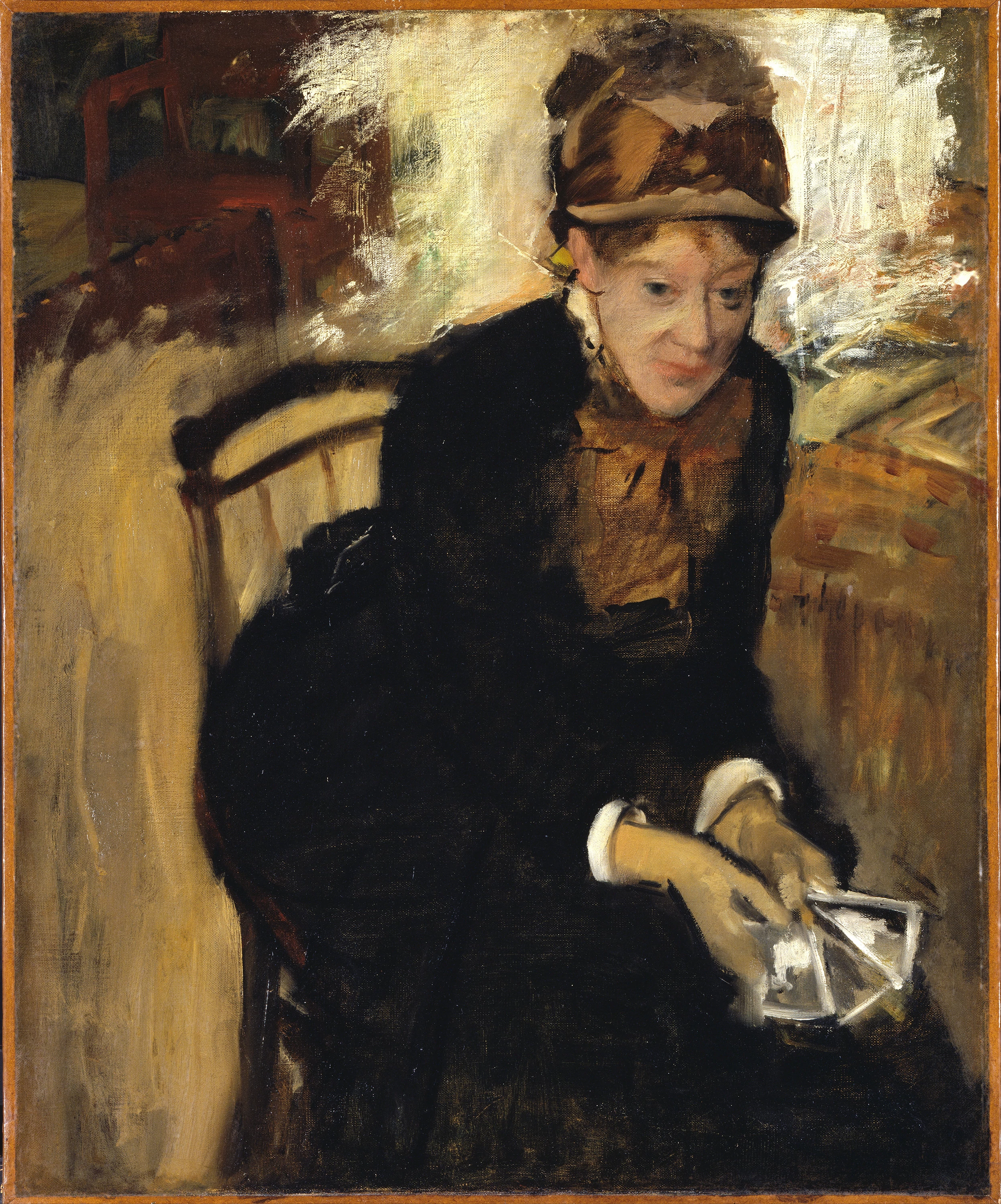
Mary Cassatt Edgar Degas, 1880 – 1884
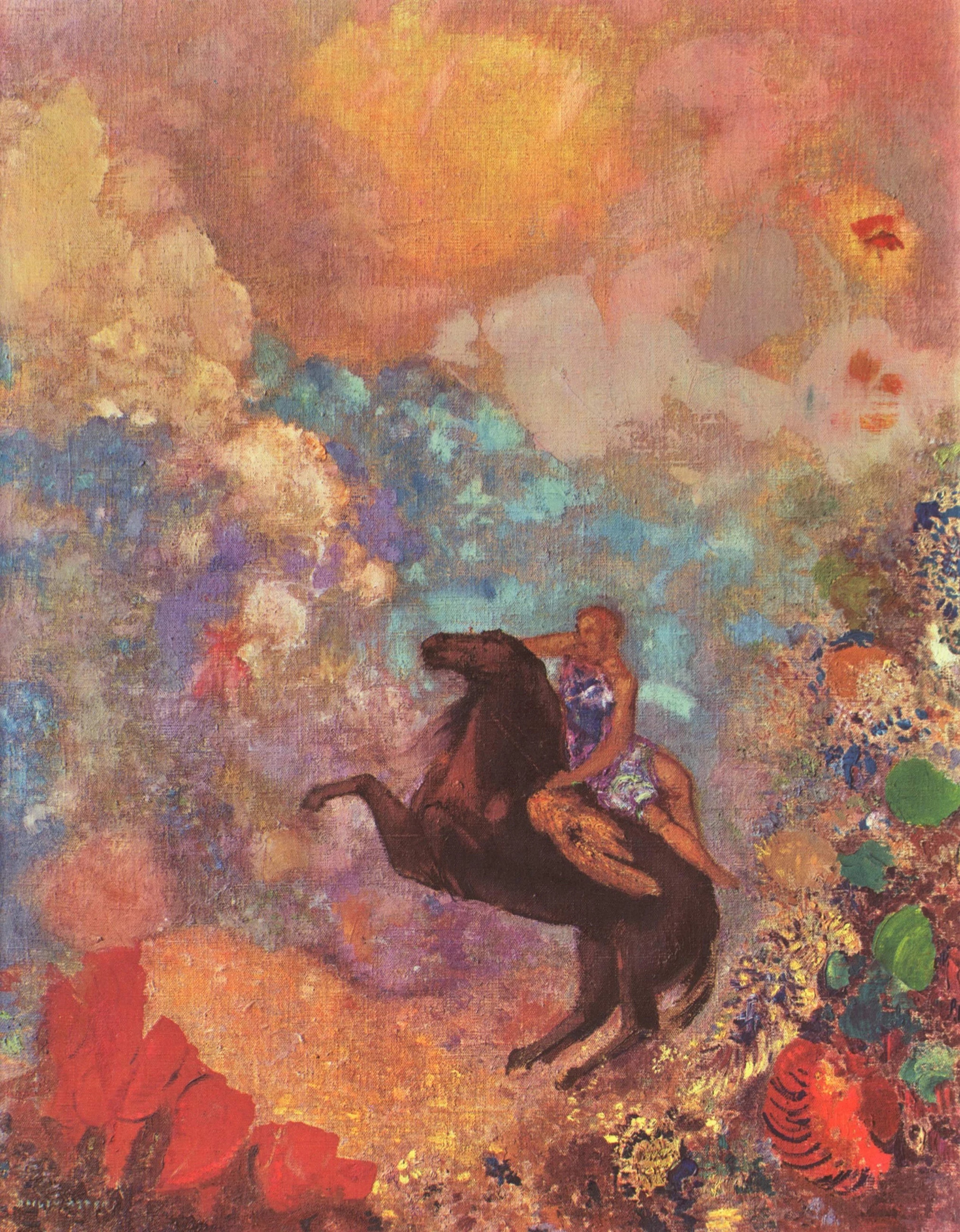
Pegasus and the Muse Odilon Redon, 1900
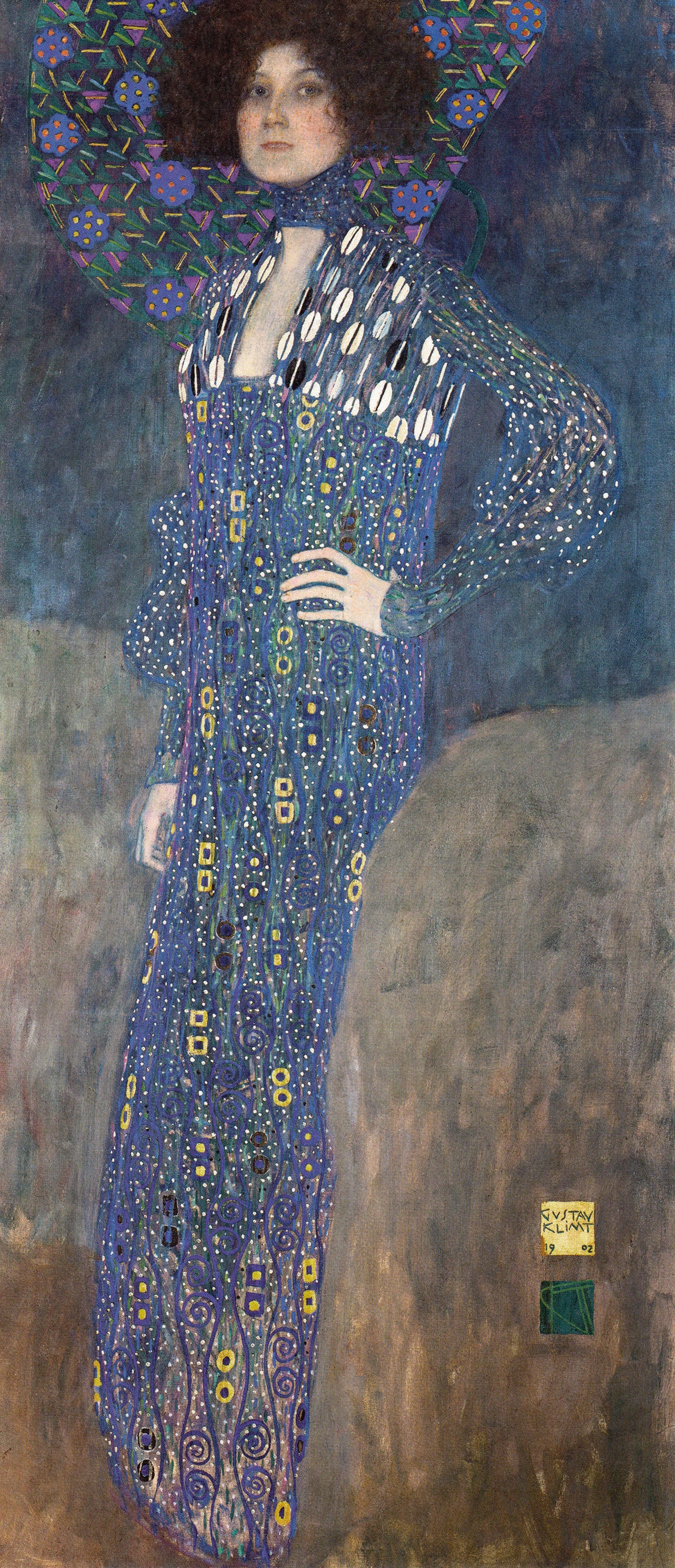
Portrait of Emilie Flöge Gustav Klimt, 1902
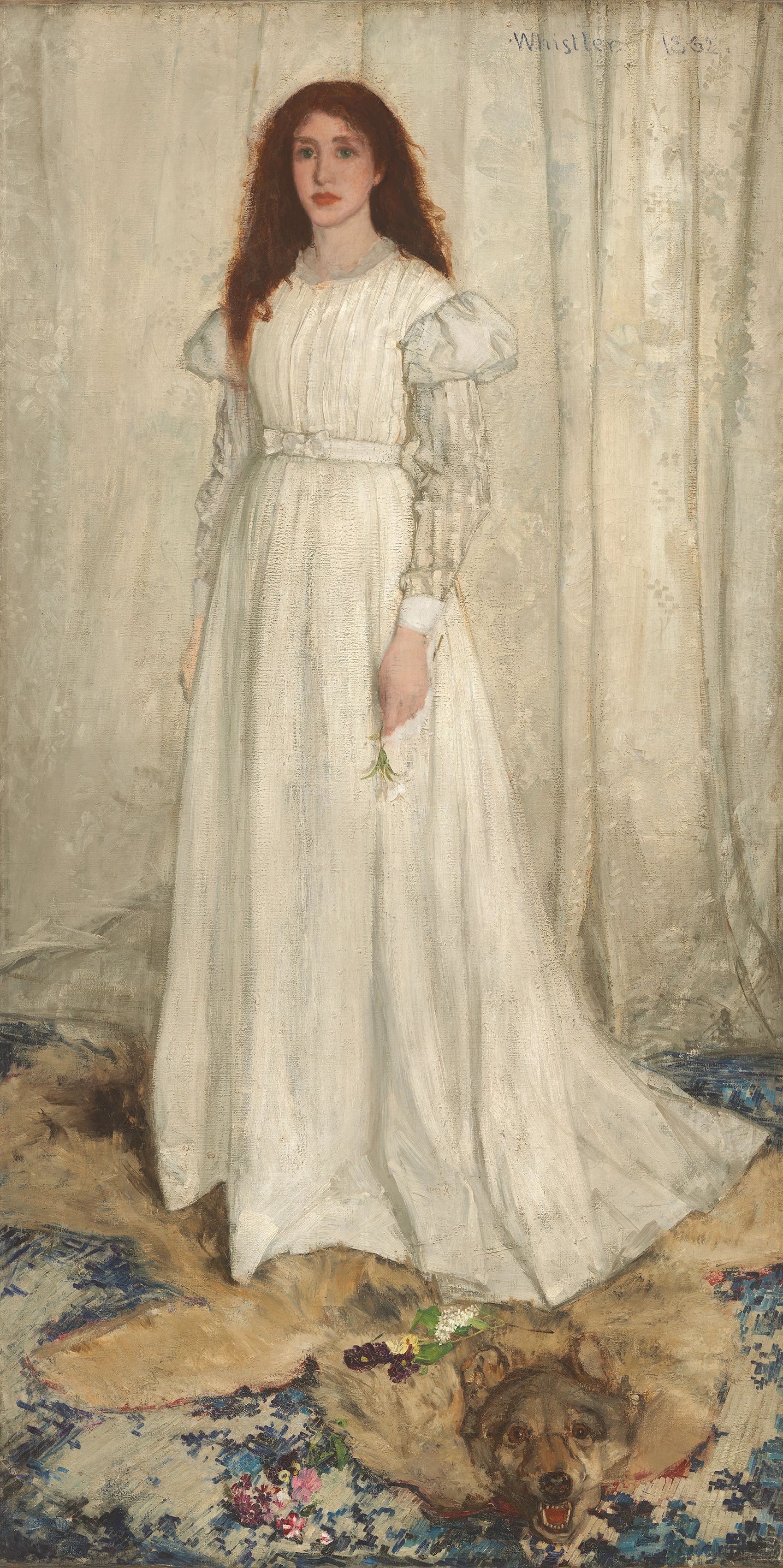
Symphony in White no 1: The White Girl James McNeill Whistler, 1862
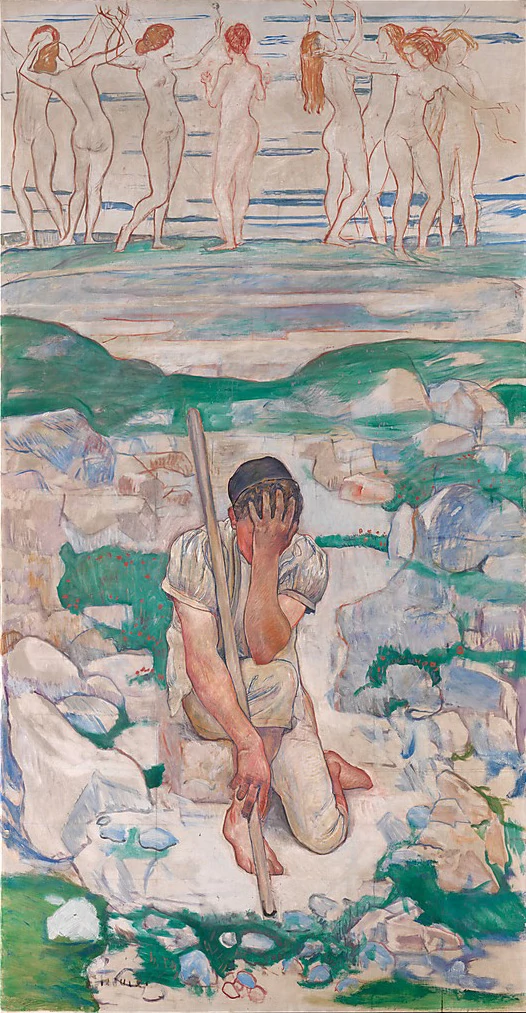
The Dream of the Shepherd Ferdinand Hodler, 1896
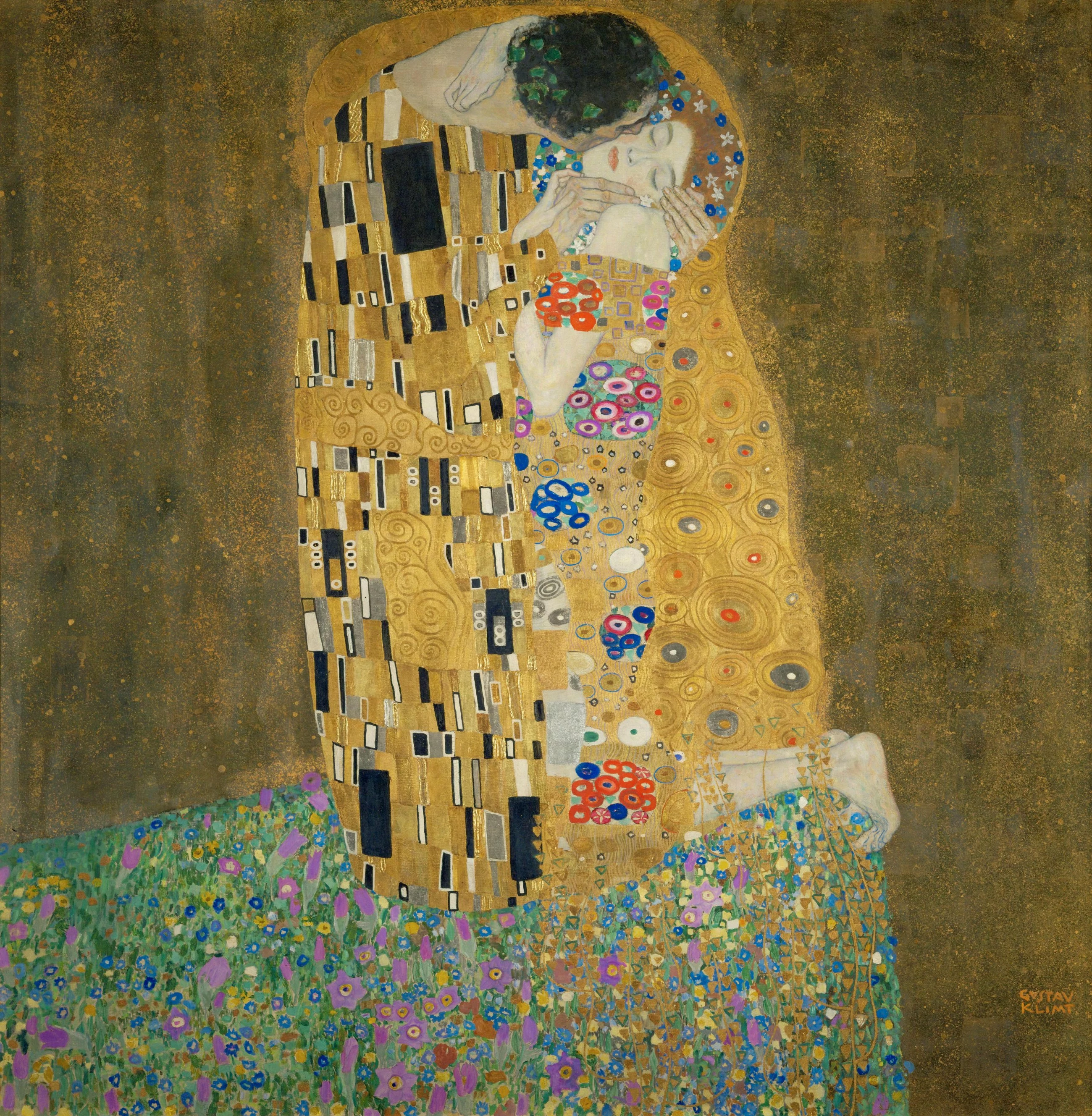
The Kiss Gustav Klimt, 1907 – 1908
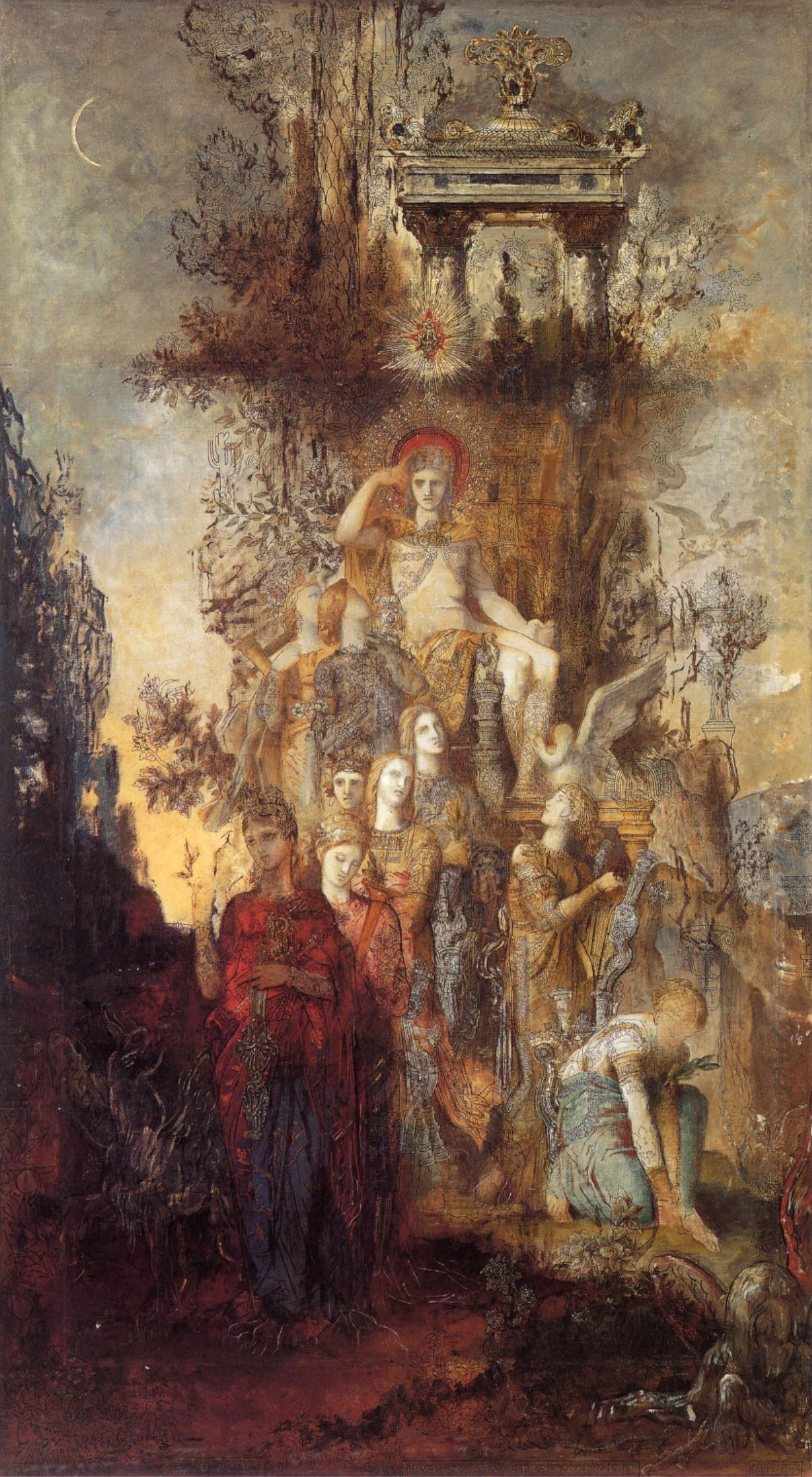
The Muses Leaving Their Father Apollo Gustave Moreau, 1868
